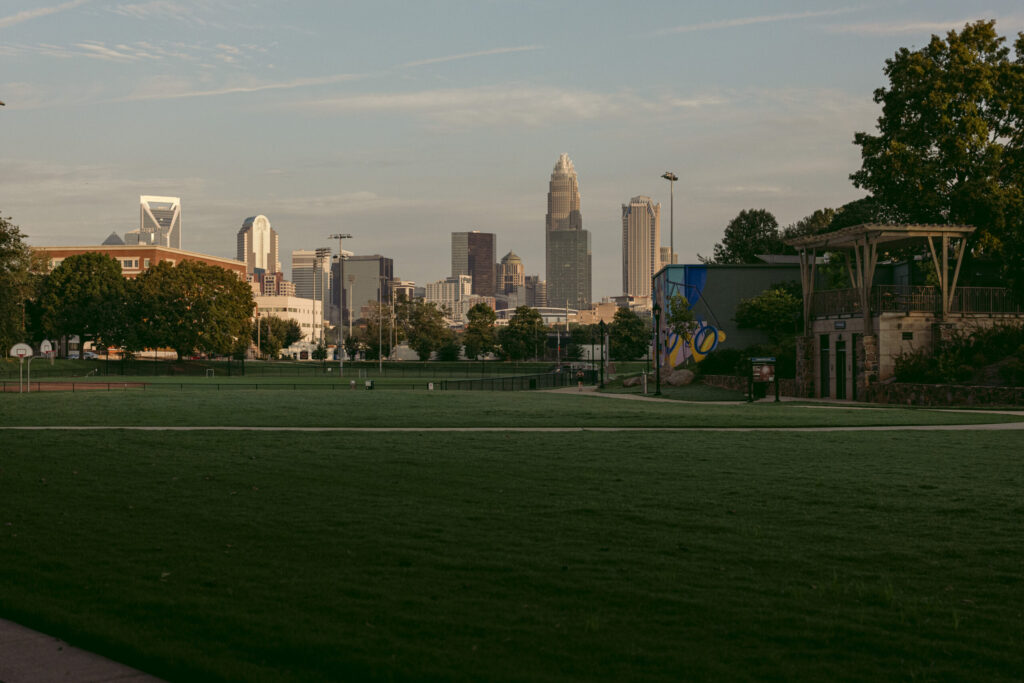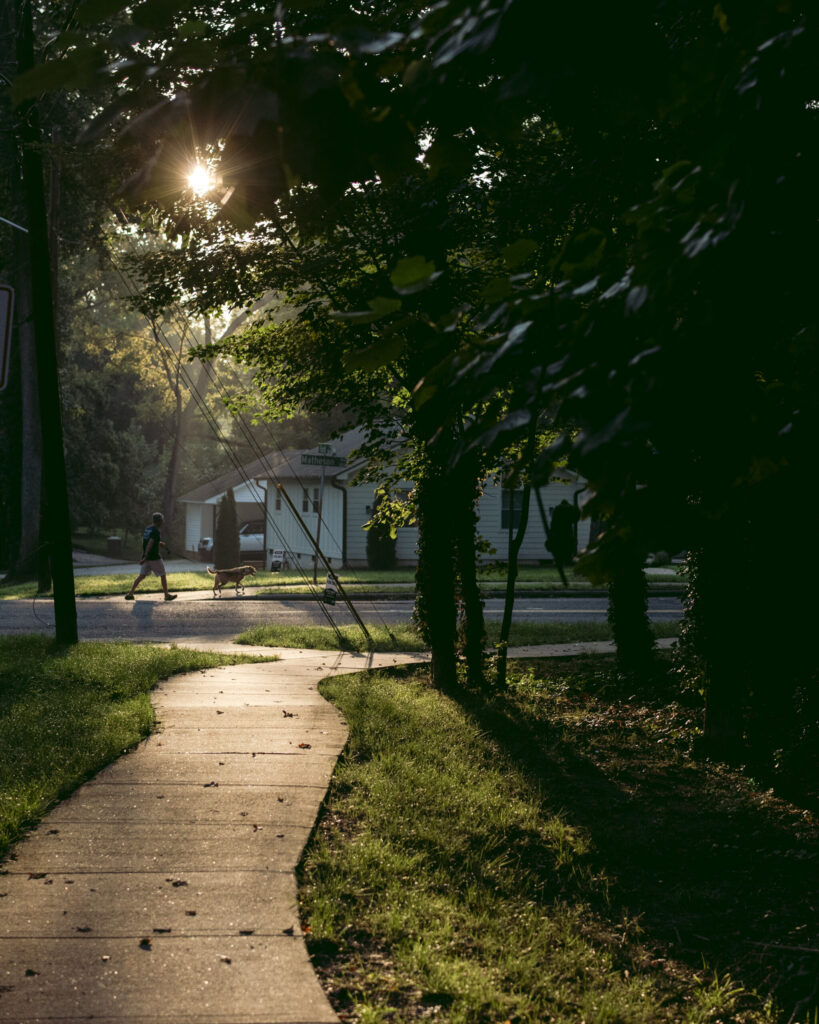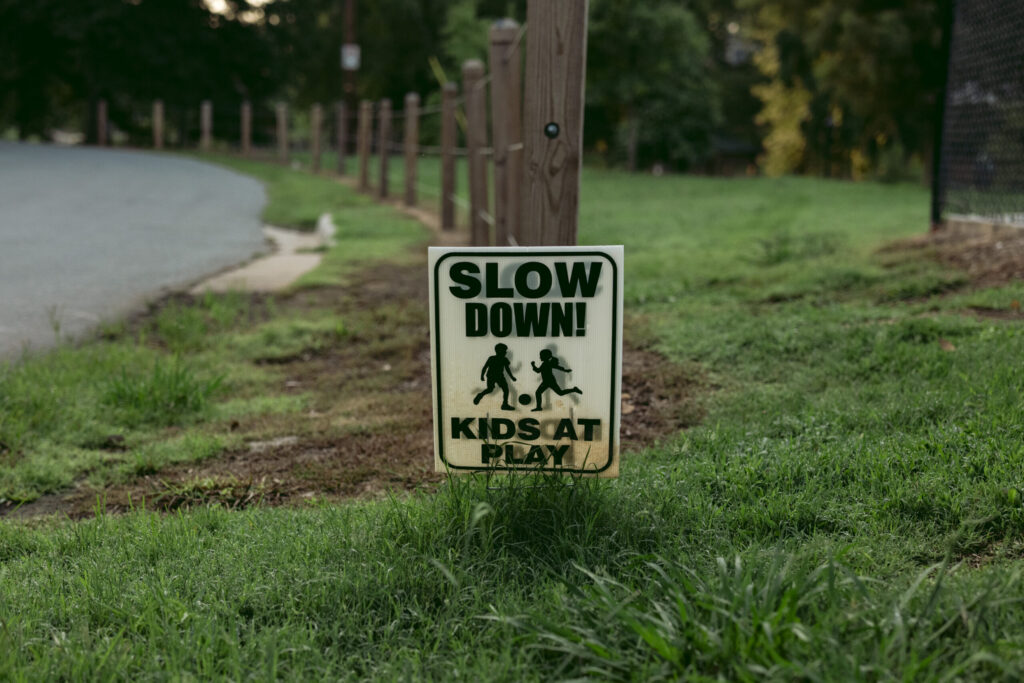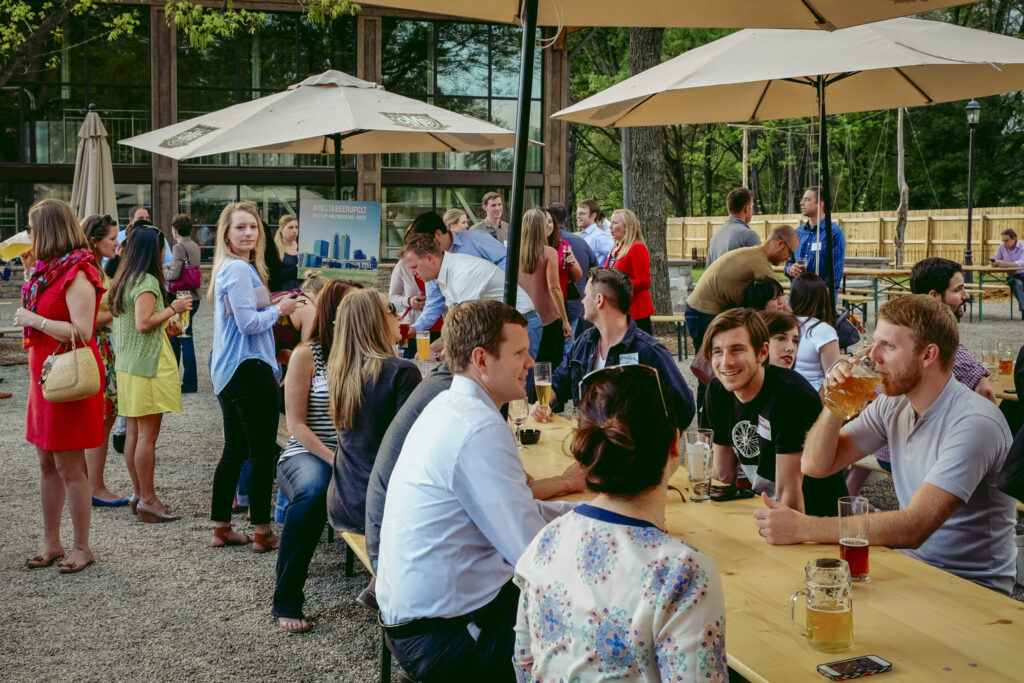On Easter Sunday 2015, the bright and young Observer reporter Ely Portillo delivered a defining column on Charlotte life in the 2010s, under the headline, “Charlotte, others race to lure millennials — but will we stay?”
The first sentence went down like a bottomless mimosa deal at an endless brunch: “As a member of the millennial generation in Charlotte, I’m feeling a lot of love these days.” He went on to list the amenities the city unrolled for young professionals throughout the decade, from breweries to high-end apartments.
Mecklenburg County’s millennial population grew by 20.9 percent from 2010 to 2019, far more than the national average. By the end of the decade, people born between 1980 and 1995 made up 24.9 percent of the county’s overall population, according to figures the Charlotte Regional Business Alliance pulled for me last week. But Ely’s story, posted right there at the peak of “Uptown Funk”’s run as the No. 1 song in the land, ultimately funneled into the question many of us had back then:
Would millennials build a life here, or was Charlotte just their extended college stop?
A new study from the Economic Innovation Group, a bipartisan public policy organization in Washington, provides a glimpse into the results of the city’s romance with Gen Y. Since 2020, Mecklenburg County has seen the third-highest increase in population of young children, ages 0-4, of all large U.S. counties (which EIG defines as containing a city center and having more than 250,000 residents). As of 2024, the county had nearly 77,000 kids under 5 years old. They fill up playgrounds, summer camps, daycare waitlists, and strollers outside of places like Frank’s Beer Shop.
During the same 2020-2024 stretch, many large metros experienced an “urban exodus” of young families, EIG’s report shows. Manhattan saw a 19 percent decrease. Counties surrounding Chicago, St. Louis, Los Angeles, and San Francisco all dropped by more than 13 percent.

My wife and I have added two children to Mecklenburg’s total since March 2020. But until I dug into the study this month and talked to its author, I simply assumed that when I saw strollers I was experiencing some sort of frequency illusion, like when you buy a car and then suddenly see that same car everywhere.
Seems not. At a time when low birth rates are the subject of countless think pieces about the looming worldwide population collapse, and as cities are increasingly under political fire as unsafe and unfit for growing a family, Mecklenburg’s annual average birth number has jumped nearly 8 percent in this decade — from 14,737 babies a year in the 2010s to 15,860 in the 2020s, Census figures show. Much is made of how the Charlotte region adds 117 new people per day, and how that number is likely even much higher now. But less prominent are discussions around the fact that, in Mecklenburg, births have more than doubled the number of deaths since 2020, even as the birth-to-death ratio nationwide has plummeted. You’re welcome, world.
Of course people other than millennials are having kids. (I’m proudly not a millennial, but also not really Gen X, having been born in 1979. But I suppose in the story of Charlotte, it’s true that I arrived with the first millennials, back in the early 2010s, and yes I’ll admit I quite enjoyed the old Food Truck Fridays.) And of course there’s been churn, with millennials coming into and going from Mecklenburg since Ely’s story ran. But considering the mean age of all new mothers in North Carolina is now 29, and that the youngest millennial is 29 this year, it’s reasonable to credit — or blame — this generation for the fact that Charlotte’s rolling into the second half of the 2020s with a “Baby on Board” bumper sticker.
Most births are personal choices, and to a lesser degree so is a family’s decision on where to settle down. But trends like this are likely the result of a bunch of personal choices, all added up and mixed together in a salad bowl with local policies and larger migration patterns.
I called Connor O’Brien, a research policy analyst with EIG who wrote the analysis of the study, and who’s been studying the urban exodus trends in recent years. He put it cleanly.
“The city that you love and this place that you love,” he said, “you want to be able to share it with the next generation.”


Hang with that thought from O’Brien.
A community of any size could be — and perhaps should be — an escort down the aisle of life. It should nurture the young, employ the middle-aged and able, and cushion the final years for the elderly.
Cities are complex organisms. The measure of an urban hub isn’t just about the wealth it creates, but the composition of opportunities it presents people to live and work and grow. In the education world, today that would mean having a meaningful early-childhood system followed by a robust K-12 system where traditional public education works alongside charter schools to challenge private schools to prove their elite status. In higher ed, a community college can be a hinge for the workforce, adapting to the needs of the moment, shepherding future doctors to four-year institutions while giving future auto mechanics the skills they need, too.
Or think about music, my favorite analogy. A vibrant music scene has a stair-step of venues, from places like The Evening Muse that seat 100 to venues like BofA Stadium with 60,000. It should suit everyone from Beyoncé to the wannabe hippies who know a few chords.
I mention all of that to get to the main requirement for families in cities, and keeping families in cities: Housing.
Cities in the Northeast and the Midwest have been sluggish to build new homes, for a variety of reasons, from zoning restrictions to lack of available land. But Sun Belt cities have been putting shovels in dirt. Mecklenburg County’s added nearly 50,000 housing units since April 2020, a 10 percent increase. The overall population has grown by about 90,000 people, or 8 percent. So while we’re not building enough units to keep up with demand, we are at least building them at a faster rate than the demand.
Every large county that’s gained young children since 2020 is in the South. North Carolina’s Wake County ranks fourth, just behind Mecklenburg, and Forsyth and Durham counties are both in the top 10. Suburban counties bordering Mecklenburg, which don’t fall in the “large urban” category, have actually seen an even larger jump in the 0-4 age group.
“Mecklenburg’s doing a lot right, but this is a story of relative costs, relative rates of construction or housing production,” O’Brien told me. “On one hand the news that Mecklenburg is still adding more families is positive, but on the other hand you could say that it’s failed less than other counties.”
Construction of new units has a number of benefits, not the least of which is tempering the tides that push out longtime residents. Affordable housing and gentrification remain issues here, especially in west Charlotte, but a National Community Reinvestment Coalition report published in May shows that Charlotte is faring better than many other urban cities.
A good chunk of the new housing is going up in the University area. Keith Stanley, University City Partners president and CEO, told me last week the neighborhood is adding 2,000 to 3,000 new units a year. And given the location, with UNC Charlotte and a research park, those units are absorbing the fastest-growing group of people moving to Mecklenburg — international movers.
“We’re a city within a city,” said Stanley, who moved to Charlotte from Milwaukee in late 2022. “You hear the different voices, languages, cultures.”
Land is getting scarce even there, Stanley added, so the next phase will mean density and infrastructure — sidewalks, transportation, parks. Growth brings challenges. But without housing, the rest is moot. O’Brien, from EIG, had a word of caution. Mecklenburg’s ranking is no reason to celebrate. In fact it’s a reason to work harder.
“It’s not an indication that this growth is destined to continue,” he said. “Charlotte could absolutely fumble the next 10 years in terms of meeting the housing demands.”


The local housing market has cooled over the past year, particularly in the past three months. Axios noted recently that most of the Southern cities that have built housing over the past decade are seeing prices drop for the first time since the pandemic. Meanwhile, prices in the North and Midwest continue to rise, as some young families return to urban areas in a back-to-office climate.
Few people are closer to these shifts than Gary Scott, president of the newly rebranded Howard Hanna Allen Tate Real Estate. The merger, finalized last week between two long-standing family-owned firms, means one of Charlotte’s most recognizable brokerages now has a new name.
Scott says he’s “cautiously optimistic” about the Charlotte housing market and dismisses headlines predicting doom. Part of his confidence lies in the fact that Allen Tate has been around through more than a half-dozen recessions, and the city keeps growing. But he notes that prices and interest rates have pushed the average age of first-time buyers to 38 — nine years older than the mean age at childbirth.
“What we can do in our control is to do the best we can to create innovative programs to inspire millennials to purchase homes,” Scott said.
The generational squeeze is familiar to Audrey Pennell, a millennial agent with Howard Hanna Allen Tate who’s lived in Asheville and Wilmington, but settled in Charlotte. “I would love to live at the beach in my dream world,” Pennell told me last week. “But in my realistic world, I love living here.”
Many of her clients aren’t buying dream houses so much as whatever they can afford. They end up negotiating with themselves more than the sellers, over whether to stretch for a smaller place close in or move farther out for more space. Still, she’s watched clients stair-step their way from apartments to townhomes to houses with yards.
“It’s really kind of fun to see the ‘kid jump,’” she said.


Just yesterday, I met one of Charlotte’s newest residents, Brandon Peters, who’s spent his career building out office spaces. He’s 46, so in that generation-less space between X and Y. He and his wife have two teenage kids, and they’ve lived all over the world, from Baltimore to Tokyo to Shanghai to Seattle, before they moved to Raleigh about four years ago.
He started in his new role with Office Environments in Charlotte in mid-June and rented an apartment in Dilworth while figuring out where to settle with his family. They’re closing on a home in Weddington this week. During his two-month stretch living here solo, Peters walked all around the city. One night he stumbled into Truist Field in uptown. “I didn’t even know Charlotte had a minor-league baseball team,” he told me. “Next thing I knew I was in the stadium taking pictures of the cityscape and sending them to friends.”
Talking to him reminded me that newcomers’ wonder can be energizing, especially for those of us who’ve been here and can’t unsee problems that need fixing.
“The potential here seems uncapped,” Peters said.
Mecklenburg’s growth slowed briefly in 2020 and 2021, but it’s roared back. The county added 30,000 net new residents in the year ending in July 2024. That’s the most since 2007, as the Ledger first reported back in March. Scott, the president of Howard Hanna Allen Tate, told me that most move for all of the well-worn reasons we hear often: climate, proximity to the coast and mountains, jobs. But he said what keeps people here is their ability to plug in.
Last week, I also spoke with Rachel Cusick, who arrived from northern California one year ago with her husband and their 12-year-old son, as she moved into a job as the chief advancement officer for Discovery Place Museums. They settled in an established neighborhood in southeast Charlotte, where her son, a sports and video game fan, delights in spotting one of their new neighbors, Charlotte Hornets legend Muggsy Bogues.
Cusick said she was immediately pulled into conversations about Charlotte’s civic priorities, from education to economic mobility. She talks a lot about “informal learning nodes,” or experiences outside of traditional school settings, and about Discovery Place’s outreach programs for kids in underprivileged neighborhoods. Cusick spends most of her time fundraising for the $64 million Charlotte Museum of Nature reconstruction. The nearly 80-year-old institution is scheduled to reopen next year, as long as the animals are acclimated by then.
I joked with Cusick that it didn’t take her long to become wrapped up in projects that could leave a lasting impression on future generations.
“There does seem to be this attitude here of, ‘What does this next chapter look like in Charlotte, where we can hold on to all the things that make it such a terrific place, and make it a place where people want to stay?’” she said. “Coming here, you immediately feel a responsibility.”


That responsibility eventually falls upon all of us. I ran into Ely Portillo last fall in the parking lot at a youth baseball complex. Ten years ago he was the bright-eyed Observer reporter wondering if millennials would stick around. Now he’s a Dad, and by then he’d moved on to management at WFAE. That night he was hustling to the machine-pitch field to see his kid play. I was rushing my kid to the tee ball diamond. It was a few minutes before 5:30 p.m., maybe the most hectic Charlotte parent hour — pausing the workday, snagging a kid from school or daycare, changing them in the car, and fighting traffic, only to hear tears because they’re not playing pitcher. Best thing that ever happened to me.
Ely’s question turned out to have an answer. Many millennials did stay. They built lives here, had children here, and are reshaping Charlotte’s story in the process.
The latest national time-use survey shows that parents of kids under six spend more than 2.5 hours per day in “direct care,” and another 5.41 hours in “secondary care,” like cooking or commuting while answering questions about dinosaurs. That leaves about 2.7 hours of personal leisure time on weekdays. Leisure time goes up as kids grow up, and people without a child under 18 have more than five hours of it per day.
If the birth trends hold, it seems apparent that the next phase of winning policies may not be breweries and brunches, but things that help families buy back time — childcare, transit fixes, after-school programs, parks, or healthy take-and-heat meals.
Meanwhile, another generation is stepping in. Gen Zers, many of whom lost formative moments like graduations or proms to the pandemic, have their own tastes and timelines. At a family wedding last month in Ohio, my cousin’s 18-year-old son, headed to college at Wake Forest this fall, asked where I lived. When I said Charlotte, he grinned and said, “Hell yeah, man. Charlotte’s awesome.”
I can’t say I’ve heard Charlotte described as awesome. Nice, livable, sure. But awesome? “I think that’s new as of the last five years,” Pennell, the real estate agent, told me when I relayed that story to her.
And then there’s the next wave, visible in places like the multipurpose room at my oldest kid’s elementary school. He’s entering kindergarten next week, and last Thursday they had a big welcome party with an ice cream truck and cupcakes and temporary tattoos. I kept running into people I knew from years ago, folks who’d vanished into parenting. And as we caught up, our kids whirled around the room, shrieking like cicadas.
